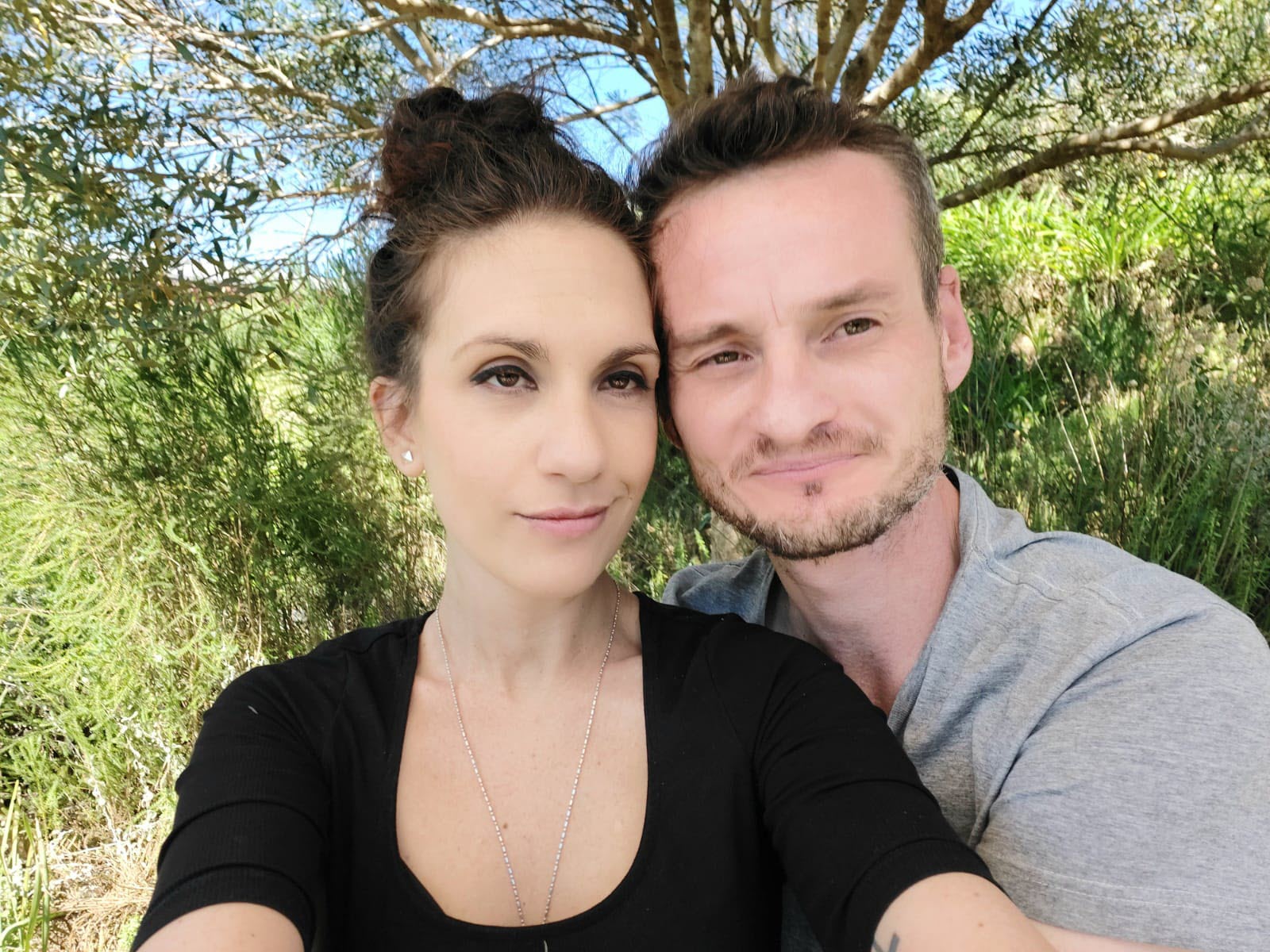Mom was a 100% match for her daughter
I fell apart inside. How could I explain the extent of my daughter’s illness to her when she was only 8 years old? But I had to put that aside and focus on being there for her, keeping her mentally strong and focused.
Erna West, Head of Donor Services at DKMS Africa, became a one-in-a-million donor for her daughter, Gizelle, over 25 years ago. Recounting the story of how she was the match for her then 9-year-old daughter, she shared the pain, joy, and raw memory of the life changing story that shaped the close bond between her and her now adult daughter.
“When Gizelle was eight years old, I lost my father to lung cancer. I noticed bruises on her arms - Paranoid with fear, I decided to take my daughter to the GP.
The diagnosis from the doctor shocked me. Gizelle had Fanconi Anaemia which resulted in bone marrow failure. The next steps included treatment using anabolic steroids, and then, a bone marrow transplant. From then on, our lives changed forever.
Back then, tests were done in the UK, and the waiting process was quite long. Not only that, we had to relocate to Cape Town, a city that’s 1467,3 kilometres from our home. We left our support system to move closer to the medical team that was working with us in managing Gizelle’s illness. To say we felt alone was an understatement. Being far away from family, and to just not having the words to explain the extent of my daughter’s illness to both her and family, have, in hindsight, made me appreciate the work that I do now in creating awareness for families and the public. It is vital for patients and their families.
When the HLA typing was done on me and it was found to be a 100% match – which was miraculous – I was elated! It was a miracle that God provided us with this chance. Seeing the writing on the consent form say the transplant had a 50/50 chance of success hit me hard. Up to that point, my hope was high, but seeing that caveat so clearly hit me extremely hard.
The major source of information for patients today is the internet. I still decry the fact that we didn’t have any source of information back then since we didn’t have internet. And, so, we relied on doctor’s explanations. On reflection, I feel good knowing I had access to such warm, kind, and caring doctors and medical staff who helped carry the load with me and my daughter.
The extremely difficult pre-transplant days where she began to question a lot of things were the toughest for me. She had so many questions, and I could see that she was in a contemplative mood, about her looks, about her health. Yet she never complained.
When I recount those days, and especially how the experience affected and changed me, I know that it made me compassionate. I can recall the shock, the fear for my child who had, until then, been an active little girl who loved school. I had to push through the crisis, I had to do it for us, and I had to do it for her.
While the maternal instinct kicks in when your child is in pain or facing danger, when I think about my strong, smart, and courageous daughter, decades after she faced the biggest challenge of her life, I am in awe of her strength, even when she was gravely ill. She never complained about being in hospital, I know that she grew immensely, but I am astounded by how strong she was throughout her illness and how determined she is even now as a woman who is carefree and living her life.
After Gizelle’s successful transplant in1996, she went back to school where she caught up with her peers. She played sport, excelled in athletics and netball, was also served as the deputy head girl of her school. She was just a regular teenager. She went on to graduate from university in 2008 and got married the year after to the love of her life.

Her brother is her best friend and they are extremely close, and, she remains my biggest miracle”.


